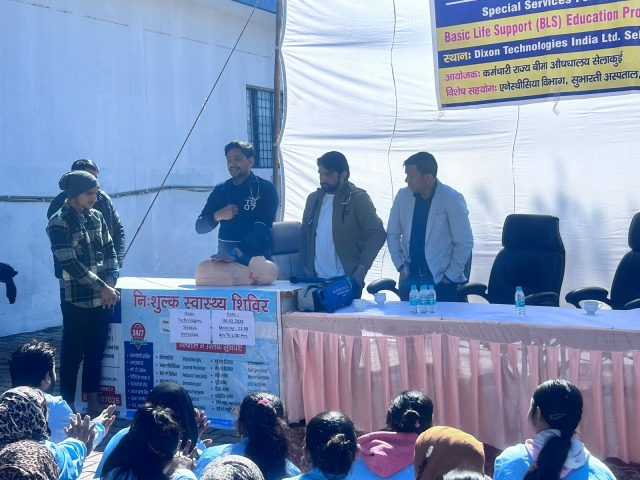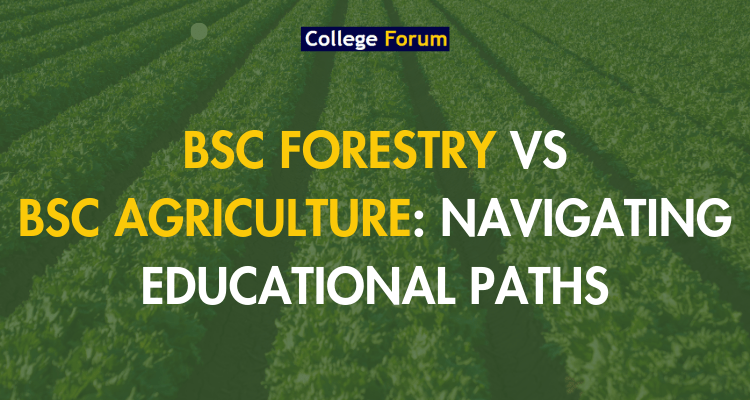About BBA Program: Leadership is a critical component of success in the business world, and as such, the role of leadership development in Bachelor of Business Administration (BBA) programs cannot be overstated. These programs are designed not only to impart technical knowledge but also to cultivate the skills and qualities necessary for effective leadership in today’s complex and dynamic business environment. Let’s explore the significance of leadership development in BBA programs and its impact on the future of business leaders. 1. Fostering Self-Awareness: Leadership development begins with self-awareness. BBA programs provide students with opportunities for self-reflection and assessment to understand their strengths, weaknesses, values, and leadership styles. Through exercises, workshops, and assessments, students gain insights into their personal and professional identity, laying the foundation for their leadership journey. 2. Building Communication Skills: Effective communication is a cornerstone of leadership. BBA programs emphasize the development of communication skills, including verbal, non-verbal, and written communication. Students learn how to articulate their ideas, influence others, and foster meaningful connections through presentations, group projects, and interpersonal activities. 3. Cultivating Critical Thinking: Leadership requires the ability to analyze complex situations, think critically, and make informed decisions. BBA programs nurture critical thinking skills through case studies, simulations, and problem-solving exercises. Students learn how to assess challenges, evaluate options, and devise strategic solutions, preparing them to navigate the uncertainties of the business world. 4. Encouraging Collaboration: Effective leaders recognize the importance of collaboration and teamwork. BBA programs foster a collaborative mindset by providing opportunities for students to work in teams, participate in group projects, and engage in discussions with peers. Through collaborative activities, students learn how to leverage collective strengths, resolve conflicts, and achieve common goals. 5. Developing Emotional Intelligence: Leadership is not just about IQ; it’s also about emotional intelligence (EQ). BBA programs focus on developing emotional intelligence by enhancing students’ self-awareness, self-regulation, social awareness, and relationship management skills. Students learn how to empathize with others, manage interpersonal dynamics, and inspire positive change in their organizations. 6. Nurturing Adaptability: In today’s fast-paced and uncertain business environment, leaders must be adaptable and resilient. BBA programs cultivate adaptability by exposing students to diverse perspectives, challenging them to step out of their comfort zones, and encouraging them to embrace change. Students learn how to navigate ambiguity, respond to disruptions, and seize growth opportunities. 7. Instilling Ethical Leadership: Ethical leadership is essential for building trust, fostering integrity, and driving sustainable success. BBA programs emphasize the importance of ethical decision-making, responsible business practices, and corporate social responsibility. Students learn how to navigate ethical dilemmas, uphold ethical standards, and lead with integrity in their professional careers. 8. Providing Mentorship and Role Models: BBA programs often provide mentorship opportunities and access to industry role models who can inspire and guide students on their leadership journey. Mentors share their experiences, offer valuable insights, and guide career development, helping students navigate their path to leadership roles. Leadership development is integral to BBA programs as it equips students with the skills, qualities, and mindset necessary to excel as future business leaders. By fostering self-awareness, communication skills, critical thinking, collaboration, emotional intelligence, adaptability, ethical leadership, and providing mentorship, BBA programs empower students to lead with confidence, integrity, and purpose in the ever-evolving business landscape.









